Our favourite places to stay on this sleepy Cebu island.
Where to Live in the Philippines: 10 Next Wave Cities
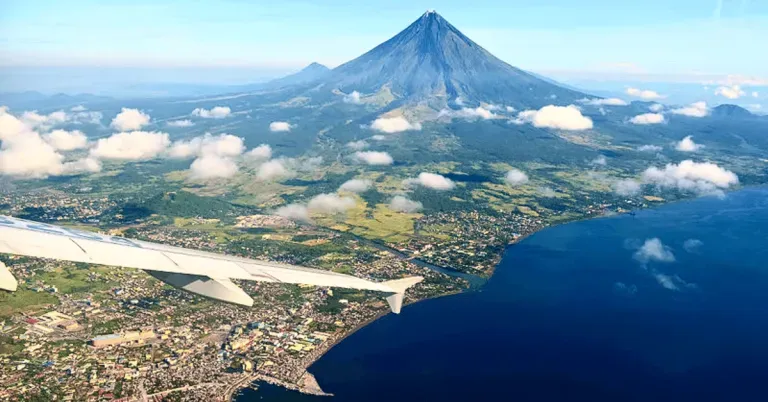
Adulthood doesn’t always necessitate moving out, especially in a family-oriented country like ours. With most Filipino parents expecting their children to live with them until marriage, the question of where to live in the Philippines isn’t commonly asked among us.
Unsurprisingly, however, many millennials have started adapting diverse cultural mindsets — including the concept of homeownership. Multiple studies show that more of this generation want to make their own decisions and desire the freedom that comes with living alone. And, when finally given the opportunity and financial readiness, they would jump at investing in real estate.
On that note, house prices continue to be out of a regular millennial’s reach. But the good news is that more emerging cities in the Philippines — dubbed “next wave cities” — are becoming accessible to aspiring homeowners. So if you’re thinking about where to live in the Philippines, you should definitely consider these areas.
Also read: 5 Reasons to Invest in Property Outside Metro Manila
Where to live in the Philippines besides Metro Manila
In 2020, the Department of Information and Communications Technology (DICT) revealed a list of cities with the potential to become IT-business process management (IT-BPM) hubs.
According to the report, the department selected the cities based on viability for investors and locators. In other words, these areas are ones emerging with potential jobs and transportation links. These will also be the “centres of focus for new economic development in the next three years.”
Thinking of where to live in the Philippines? Explore this list of the country’s next wave cities.
1. Balanga City
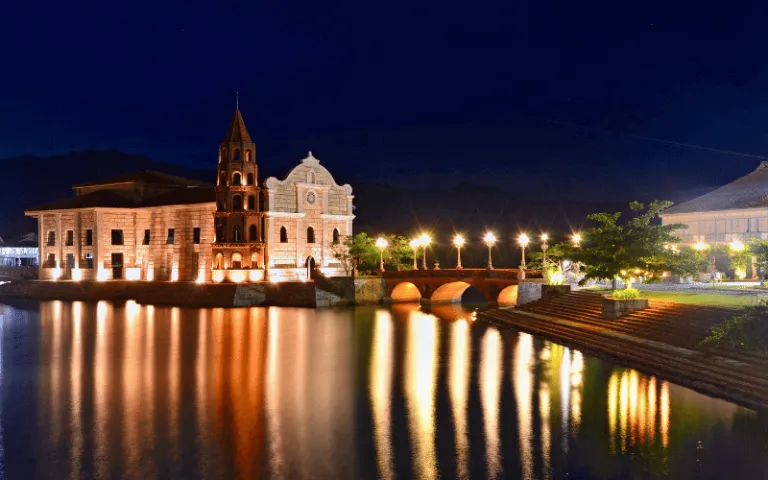
One of the richest cities in Bataan, Balanga City testifies that cultural preservation doesn’t hinder economic advancement. In 2019, the local government inaugurated The Bunker, a modern seven-storey capitol that bears a replica of a World War II armoured tank by its entrance. Serving as the Bataan government centre and business hub, The Bunker is now a one-stop-shop for business necessities, proving that the city is ready to welcome more investors.
2. Batangas City
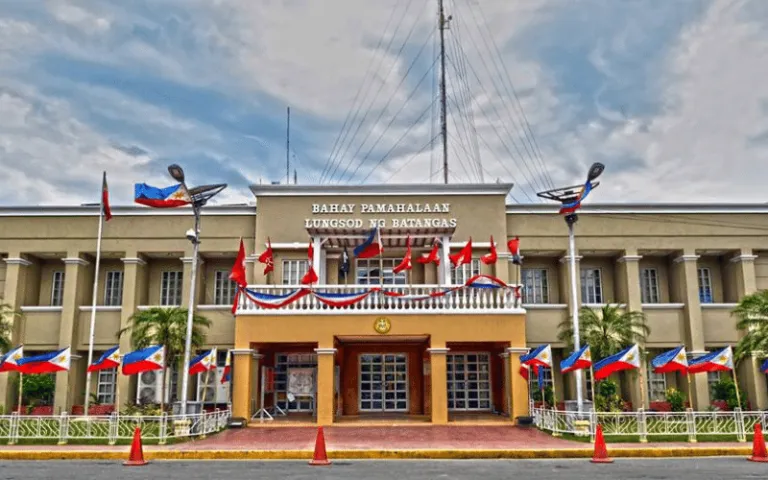
More than its beautiful beaches, Batangas is on its way to becoming the next “it destination” — not just for tourism, but also for residential purposes.
Many investors have long been eyeing this province for its economic potential. Its capital, Batangas City, hosts prestigious universities and is even recognised as the Regional Growth Center of CALABARZON. The Department of Trade and Industry (DTI) also hailed its economic dynamism, expecting higher employment rates in the coming years.
3. Dagupan City
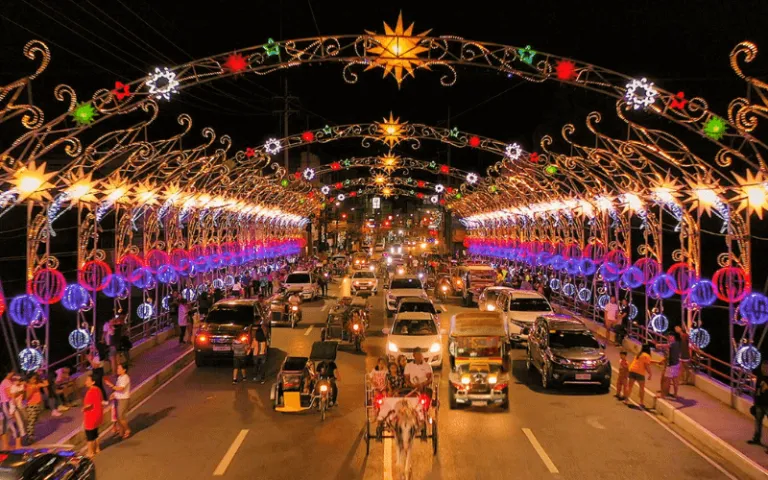
How about living in the Bangus Capital of the World? A first-class independent city in Pangasinan, Dagupan is a designated economic zone for its rising employment hubs. Thanks to its many establishments, it’s also known as the commercial, educational, and health centre of the province.
4. Laoag City
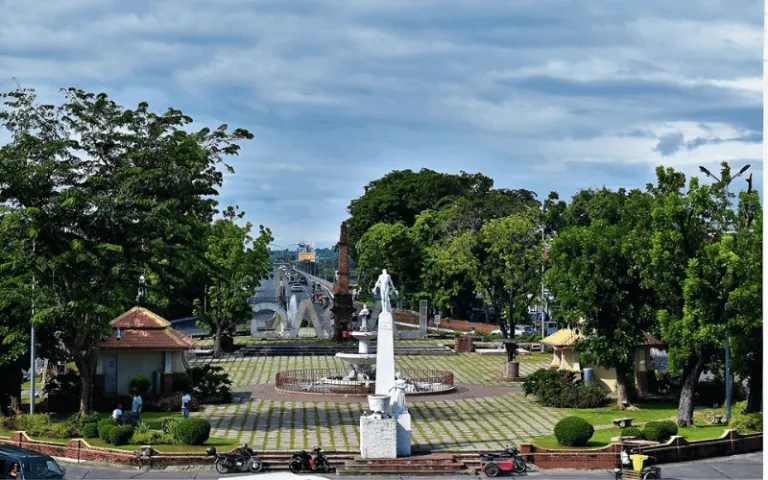
Live in the city where old meets new. Bearing a name that literally translates to “The Sunshine City,” Laoag is a vibrant and dynamic city in Ilocos Norte. Thanks to the digital revolution, international companies have sprouted in this commercial hub, providing several job opportunities for its residents.
5. Legazpi City
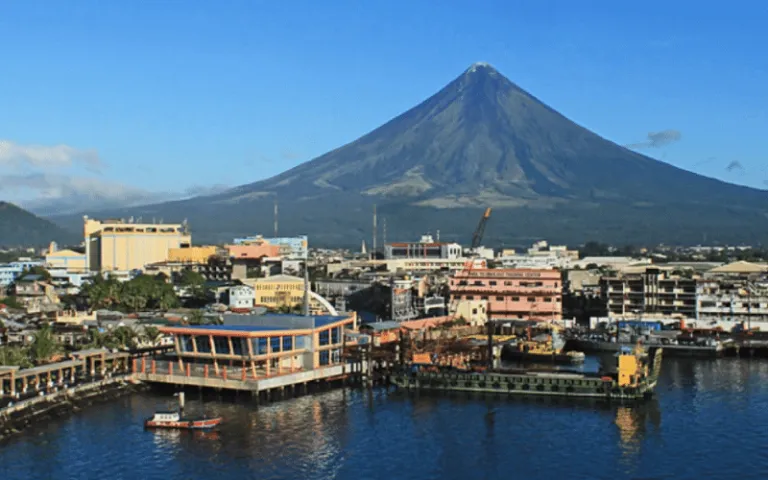
The land of the Mayon Volcano has evidently exhibited more of its natural beauty lately. But Legazpi City is not just the gem of Bicol — it’s also a centre for IT parks and other economic activities.
Also read: Sunflowers Are Blooming in This Beautiful Farm in Albay & Netizens Are in Love!
6. Metro Rizal
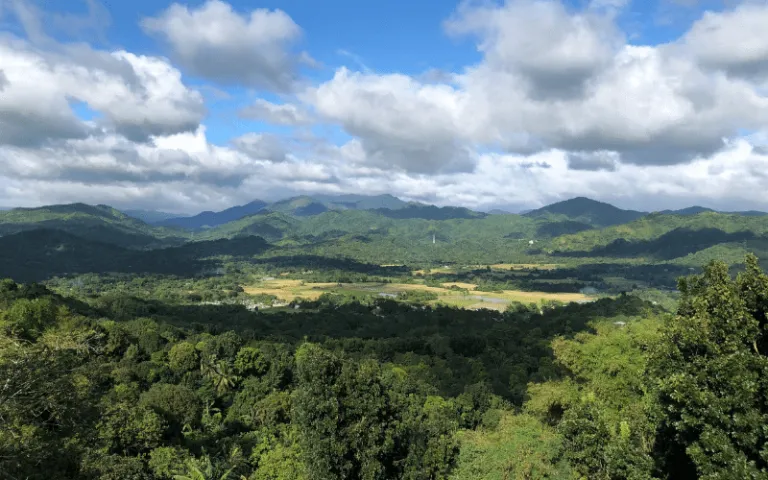
With tourist spots developing in Taytay, Cainta, and Antipolo City, we bet more millennials are wanting to move there. Together, these blossoming cities in Metro Rizal are undoubtedly on their way to becoming a business district.
Across these areas stand fashion and garment hubs, food and restaurant establishments, pilgrimage sites, and even wellness centres that are ready for the new wave of tourists!
7. Puerto Princesa City
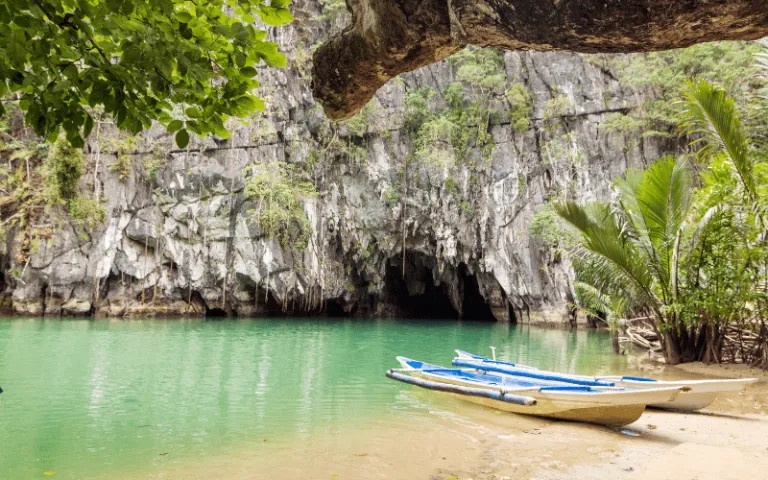
If we were to decide where to live in the Philippines, we’d definitely consider Palawan. Its pristine beaches aside, the province now foresees economic growth and business opportunities with its flourishing tourism industry.
In particular, Puerto Princesa intends to develop sustainably. The local government continues to forge ties with companies providing environmental solutions that support commercial growth. Largely covered with lush forest, this city aims to leverage — but at the same time, protect — its natural resources for further economic development.
8. San Fernando City

Surf’s up in San Fernando! The breathtaking capital city of La Union continues its journey towards modernisation. With the goal of being a “model city of countryside development,” San Fernando now carries business hubs and other urban services that provide more job opportunities for its residents.
9. Tuguegarao City
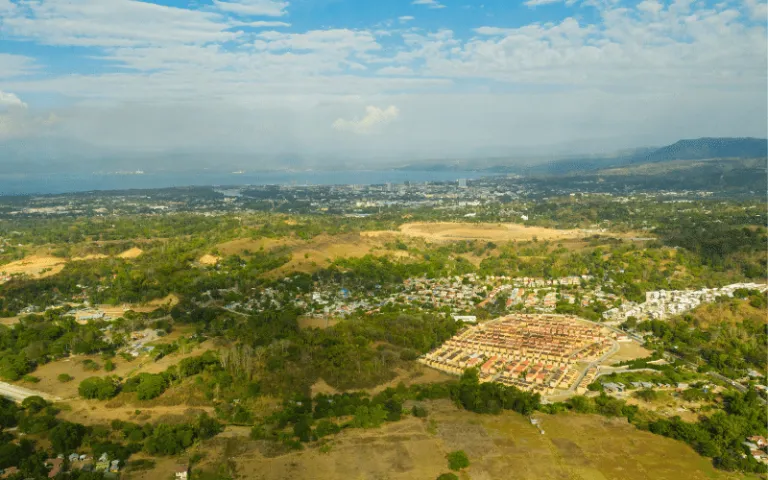
Did you know that Cagayan Valley is plotting to become the “Silicon Valley in Asia?” With this, its regional centre, Tuguegarao City, unsurprisingly holds institutions of development. Now, the city is more than the “Gateway to the Ilocandia and the Cordilleras.” Beyond its excellent geography surrounded by wonders, Tuguegarao is continually emerging into a modern city.
10. Zamboanga City

Considering moving to Mindanao? Then add the centre of the commercial and industrial industry in the South to your list.
Beyond its rich culture found in language, food, and architecture, Zamboanga City is also a rising smart city. It converges to embrace the digital age with technological advancements and information and communication centres. In fact, the DICT has recognised it for its e-readiness — meaning that it is prepared to face the electronic world of the future.
Also read: 10 Scenic Airbnbs Near Manila You Can Rent to Work From Home
Other cities joining this list are the following: Tacloban in Leyte; Tagbilaran in Bohol; Urdaneta in Pangasinan; Cabanatuan in Nueva Ecija; General Santos City; Iligan in Lanao del Norte; Metro Cavite (Bacoor City, Imus, and General Trias); Olongapo in Zambales; San Jose Del Monte and Malolos in Bulacan; Iriga in Bicol; San Fernando in Pampanga; and Tarlac City.
Also read: Why Millennials Are Travelling Sooner Rather Than Later
There are several factors to consider when choosing where to live in the Philippines. Job opportunities, affordability, and the overall environment are just a few of these. But ultimately, the country is undeniably rich with promising destinations, and it’s up to us to find a place we can call home.
Featured image credit: Dexbaldon | Wikimedia Commons
Published at
About Author
Danielle Uy
Subscribe our Newsletter
Get our weekly tips and travel news!
Recommended Articles
10 Bantayan Island Resorts, Hotels, and Rentals for Your Tropical Escape 10 Best Banawe Restaurants for a Mouthwatering Food Trip in QC The promise of new flavours beckons from Banawe.
10 Best Mountain Cafes in the Philippines for Your Peak Coffee Experience Coffee date on the mountains, anyone?
10 Commandments for Responsible Travel Flexing Spread the good word!
10 Family Outing Ideas in Metro Manila Under ₱500 Looking for a weekend bonding with the family under ₱500? Head to these places, pronto!
Latest Articles
Luisa Yu: 80-Year-Old Filipina Travelled 193 Countries in the World Travel has no limits, and neither does Luisa Yu at 80!
Cebu Pacific’s First Clark to Coron Flight Takes Off! Direct flights to Coron now boarding!
7 Best Pet-Friendly Beach Resorts in Batangas and Zambales Why leave your pet behind when these pet-friendly beach resorts in Batangas and Zambales offer the perfect getaway?
Calbayog Zipline: One of the Longest Overwater Rides in the Philippines Glide over the ocean on one of the longest overwater ziplines in the Philippines
Complete Thrilling Travel Guide to Cambugahay Falls in Siquijor Swing, swim, and soak in the beauty of Cambugahay Falls Siquijor!

